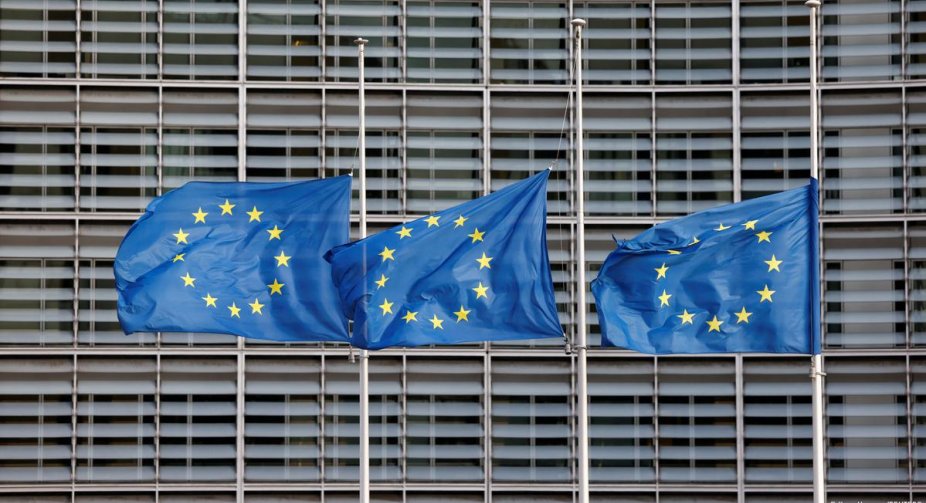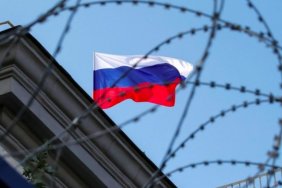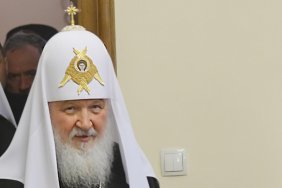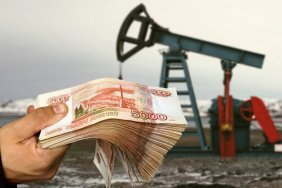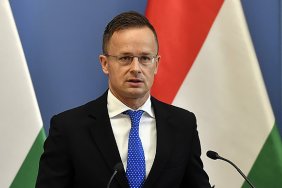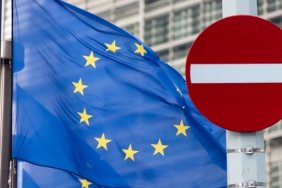The EU Council on Friday approved a ninth package of new sanctions aimed at increasing pressure on Russia over its war against Ukraine. This was reported by the press service of the Council of the EU.
"After food and famine, Putin is now using winter as a weapon, deliberately depriving millions of Ukrainians of water, electricity and heating. The European Union is responding to this latest escalation and war crime with our ninth package of tough sanctions. We will continue to target the economy and those who is in this brutal war," Josep Borrell, the EU's High Representative for Foreign Affairs and Security Policy, commented on the decision.
The agreed package introduces new export control measures and restrictions on dual-use goods and technologies, as well as goods and technologies that can contribute to the technological improvement of the Russian defense and security sector, significantly expanding the list of entities associated with Russia's military-industrial complex.
In particular, sanctions will be applied to 168 additional subjects related to the defense-industrial complex of the Russian Federation.
"This will ensure the impossibility of free trade in key chemicals, nerve agents, night vision and radio navigation devices, electronics and IT components that can be used by the Russian military machine," the EU Council said in a statement.
To avoid circumventing sanctions, the list also includes some Russian-controlled organizations based in illegally annexed Crimea or Sevastopol.
In addition, the EU will expand the ban on the export of goods and technologies related to the aviation and space industry, including aircraft engines and their parts.
This ban will apply to both manned and unmanned aerial vehicles, meaning that direct exports of drone engines to Russia and any third country that may supply drones to Russia will now be prohibited.
It is noted that none of the sanctions measures in any way affect trade in agricultural and food products, including wheat and fertilizers.
However, it said that in view of the EU's position on combating food insecurity around the world, as well as to avoid disruptions in the payment channels for agricultural products, it was decided to introduce new relaxations allowing the unfreezing of assets and the provision of funds and economic resources to certain individuals who play a significant role in international trade in agricultural and food products, including wheat and fertilizers, prior to their listing.
The EU will also freeze the assets of two more Russian banks and add the "All-Russian Regional Development Bank" to the list of organizations subject to a complete ban on operations.
In addition, the Council of the EU initiated the process of suspending the broadcasting licenses of four more Russian mass media: "NTV"/"NTV Mir", "Russia 1", "REN TV" and "Pershiy Kanal". These media are under the constant direct or indirect control of the leadership of the Russian Federation and are used by them for continuous and concerted disinformation and military propaganda that legitimizes Russian aggression and undermines support for Ukraine.
Today's decisions also introduce a ban on the Russian Federation's provision of advertising, market research and opinion polling services, as well as product testing and technical inspection services to the EU.
The EU will also extend the ban on new investment in the Russian energy sector, further banning new investment in the Russian mining sector, except for mining and quarrying activities using some critical raw materials.
In addition, the Council of the EU initiated the process of suspending the broadcasting licenses of four more Russian mass media: "NTV"/"NTV Mir", "Russia 1", "REN TV" and "Pershiy Kanal". These media are under the constant direct or indirect control of the leadership of the Russian Federation and are used by them for continuous and concerted disinformation and military propaganda that legitimizes Russian aggression and undermines support for Ukraine.
Today's decisions also introduce a ban on the Russian Federation's provision of advertising, market research and opinion polling services, as well as product testing and technical inspection services to the EU.
The EU will also extend the ban on new investment in the Russian energy sector, further banning new investment in the Russian mining sector, except for mining and quarrying activities using some critical raw materials.
Also, from now on, EU citizens will be prohibited from holding any positions in the governing bodies of all Russian state-owned or state-controlled legal entities, organizations or bodies located in Russia.
In addition to economic sanctions, the Council of the EU decided to expand the list of individual sanctions, including new individuals and legal entities.
EU ambassadors agreed on the ninth package of sanctions against Russia for armed aggression against Ukraine on December 15.
In the process of negotiations on the ninth package of sanctions against Russia, Hungary was able to prevent three Russian ministers from being included in it.
